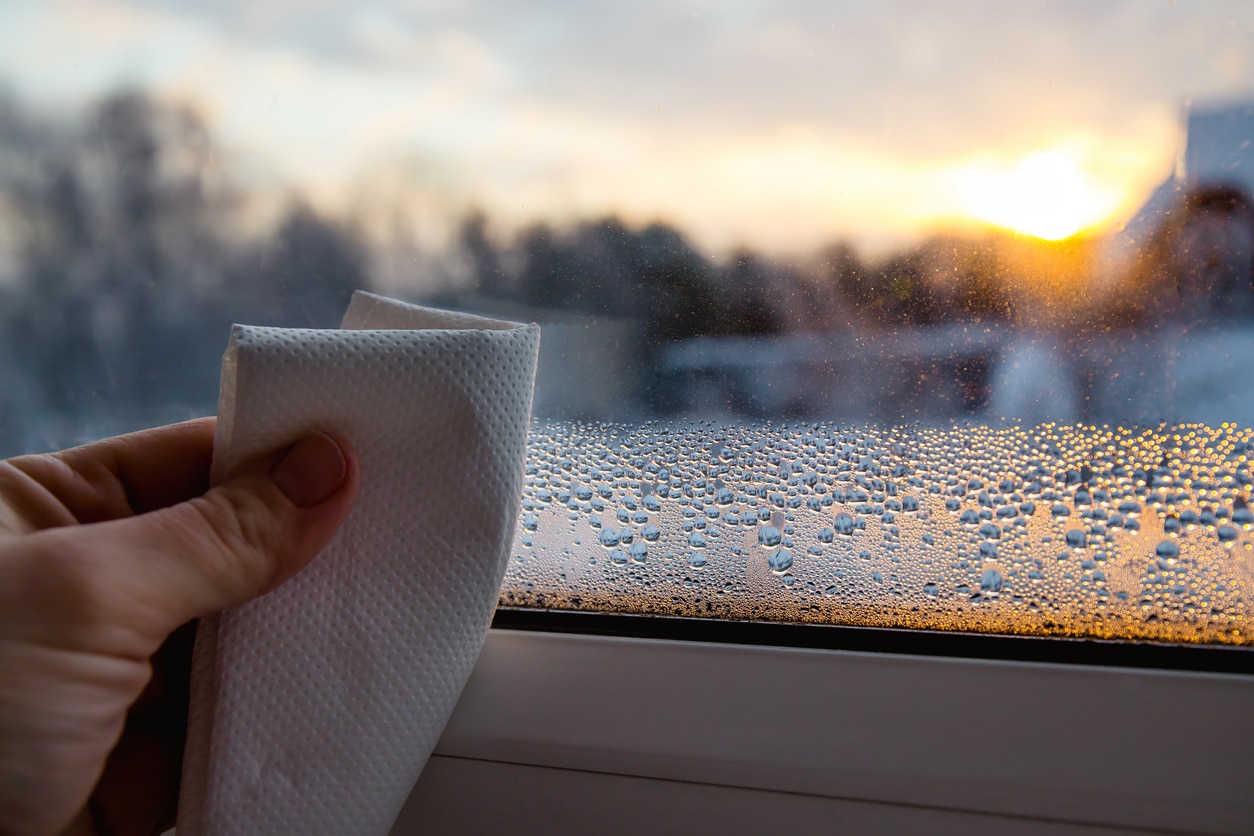Sitting by the water at Fort Lee Historic Park is the perfect way to spend an autumn day. Although there are many perks to living by the water, high humidity is one aspect to consider when wearing hearing aids.
How Do Hearing Aids Work?

Approximately 28.8 million U.S. adults could benefit from hearing aids. The small but powerful devices clarify speech, reduce irrelevant background noise, manage tinnitus symptoms and more.
All hearing aids have three basic components: a microphone that collects sound, a processor or amplifier that raises its volume and a transmitter that sends it directly to the ear canal. Advanced features may include but are not limited to:
- Bluetooth®
- Directional microphones
- Noise suppression
- Rechargeable batteries
Can Humidity Damage Hearing Aids?
Most hearing aids come with a water-resistant coating, but none are waterproof. Too much moisture inside your hearing aids can damage the internal technology.
When you think of water damage, you may picture dropping your devices in a pool, puddle, toilet bowl or other large water source. Unfortunately, even low moisture content from the air around you can get inside and damage your hearing aids.
While you can’t control the moisture in the outside world, you can minimize the humidity inside your home to keep your devices safe during high-humidity days.
Tips for a Low-Humidity Household
Managing the humidity in your home can not only protect your hearing aids but also help prevent moisture-induced mold, mildew, structural damage and more. A couple of tips for lowering the humidity in your home and protecting your hearing aids include:
- Run a dehumidifier. A dehumidifier is essential in every high-humidity city. Set your dehumidifier between 30% and 50% humidity for optimal moisture levels.
- Run exhaust fans. Always run your kitchen and bathroom exhaust fans after a shower or when your kitchen feels humid.
- Check cloth objects. Cloth couches, rugs, stuffed animals, pillows and more are the most likely things to retain moisture. If you notice any dampness, put smaller items in the dryer and hang them dry or run a dehumidifier to dry larger objects.
- Find a good storage spot for hearing aids. Hearing aids should always be stored in a cool, dry area when not in use, preferably in a case. Avoid storing your devices in the kitchen, bathroom or basement. If possible, opt for a room with a dehumidifier.
For more information on protecting your hearing aids or to schedule a repair, contact Speech & Hearing Associates today to make an appointment with one of our specialists.